ANKARA, Turkey: The use of standard dental implants has become a widely accepted treatment modality for the rehabilitation of complete and partial edentulism. However, in severe alveolar resorption, standard-length implant placement is not possible without additional surgical intervention. For such cases, the use of short implants is considered a major contribution to the field of implant dentistry. Now, a recent study has determined the risk factors for short dental implant survival.
The study, conducted by the Ankara Yildirim Beyazit University in Ankara, the Cumhuriyet University in Sivas in Turkey and a private dental practice in Ankara, aimed to identify the different implant- and patient-related risk factors for long-term short dental implant success. Through a retrospective chart review of three centres, patient information regarding demographic variables, smoking habits, history of periodontitis and systemic diseases, and medications was collected. In addition, information was gathered relating to the parameters for short implant placement, including implant manufacturer, design, anatomical location, diameter and length, and type of placement.
For the statistical analysis, univariate regression models were used at implant and patient levels. A total of 460 short implants—ranging from 4 to 9 mm in length—placed in 199 patients and followed up for up to nine years were reviewed. Survival rates of the short implants were 95.86 per cent and 92.96 per cent and success rates were 90.00 per cent and 83.41 per cent for implant- and patient-based analysis, respectively. Peri-implantitis was reported as the cause of short dental implant failure in 73.91 per cent of the cases. Univariate regression models revealed that the female sex was strongly related to short implant success. In addition, smoking and a history of periodontitis were found to have a significant negative influence on short implant success at the implant and patient levels.
These results support the use of short implants as a predictable long-term treatment option; however, smoking and a history of periodontitis are suggested to be the potential risk factors for short implant success. According to the researchers, these outcomes are consistent with the findings of other long-term studies.
The study, titled “Risk factors associated with short dental implant success: A long-term retrospective evaluation of patients followed up for up to 9 years”, was published online in Brazilian Oral Research on 11 April 2019, ahead of inclusion in an issue.
SOKOTO, Nigeria: Noma, a rare disease found predominantly in underserved areas, causes rapid progressive destruction, or gangrene, of the tissue of the face...
ALTENDORF, Switzerland: The first long-term study on two-piece zirconia dental implants has been published and addresses a major research gap. Over a period...
Biomimetic dentistry focuses on preserving tooth structure by reproducing the natural form and function of dental tissue. Few clinicians have shaped this ...
HELSINKI, Finland: The prevalence of adult periodontitis continues to pose a major global public health challenge, highlighting the need for evidence on the...
GOLD COAST, Australia: High socio-economic status has often been linked to improved health outcomes. However, according to a global study of 30 countries, ...
ZURICH, Switzerland: At a press event in Zurich on 15 February, Dr Roland Glauser, a Zurich-based expert in comprehensive implantology, highlighted ...
Replacing missing single teeth with dental implants has become routine, yet restoring anterior teeth with implant-supported restorations is a ...
TURKU, Finland: During the first wave of the pandemic, the number of hospitalisations for SARS-CoV-2 infections in Finland was relatively low compared with ...
KAYSERI, Turkey: COVID-19 has infected over 670 million people. The disease can impact bone metabolism, stimulating bone resorption, reducing serum ...
LONDON, England: In the Global North, HIV/Aids is often seen as a historic problem; however, as UNAIDS Executive Director Winnie Byanyima stressed in a new ...
Live webinar
Tue. 3 March 2026
11:00 am EST (New York)
Dr. Omar Lugo Cirujano Maxilofacial
Live webinar
Tue. 3 March 2026
8:00 pm EST (New York)
Dr. Vasiliki Maseli DDS, MS, EdM
Live webinar
Wed. 4 March 2026
12:00 pm EST (New York)
Munther Sulieman LDS RCS (Eng) BDS (Lond) MSc PhD
Live webinar
Wed. 4 March 2026
1:00 pm EST (New York)
Live webinar
Fri. 6 March 2026
3:00 am EST (New York)
Live webinar
Tue. 10 March 2026
4:00 am EST (New York)
Assoc. Prof. Aaron Davis, Prof. Sarah Baker
Live webinar
Tue. 10 March 2026
8:00 pm EST (New York)
Dr. Vasiliki Maseli DDS, MS, EdM



 Austria / Österreich
Austria / Österreich
 Bosnia and Herzegovina / Босна и Херцеговина
Bosnia and Herzegovina / Босна и Херцеговина
 Bulgaria / България
Bulgaria / България
 Croatia / Hrvatska
Croatia / Hrvatska
 Czech Republic & Slovakia / Česká republika & Slovensko
Czech Republic & Slovakia / Česká republika & Slovensko
 France / France
France / France
 Germany / Deutschland
Germany / Deutschland
 Greece / ΕΛΛΑΔΑ
Greece / ΕΛΛΑΔΑ
 Hungary / Hungary
Hungary / Hungary
 Italy / Italia
Italy / Italia
 Netherlands / Nederland
Netherlands / Nederland
 Nordic / Nordic
Nordic / Nordic
 Poland / Polska
Poland / Polska
 Portugal / Portugal
Portugal / Portugal
 Romania & Moldova / România & Moldova
Romania & Moldova / România & Moldova
 Slovenia / Slovenija
Slovenia / Slovenija
 Serbia & Montenegro / Србија и Црна Гора
Serbia & Montenegro / Србија и Црна Гора
 Spain / España
Spain / España
 Switzerland / Schweiz
Switzerland / Schweiz
 Turkey / Türkiye
Turkey / Türkiye
 UK & Ireland / UK & Ireland
UK & Ireland / UK & Ireland
 Brazil / Brasil
Brazil / Brasil
 Canada / Canada
Canada / Canada
 Latin America / Latinoamérica
Latin America / Latinoamérica
 USA / USA
USA / USA
 China / 中国
China / 中国
 India / भारत गणराज्य
India / भारत गणराज्य
 Pakistan / Pākistān
Pakistan / Pākistān
 Vietnam / Việt Nam
Vietnam / Việt Nam
 ASEAN / ASEAN
ASEAN / ASEAN
 Israel / מְדִינַת יִשְׂרָאֵל
Israel / מְדִינַת יִשְׂרָאֵל
 Algeria, Morocco & Tunisia / الجزائر والمغرب وتونس
Algeria, Morocco & Tunisia / الجزائر والمغرب وتونس
 Middle East / Middle East
Middle East / Middle East
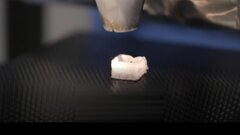




















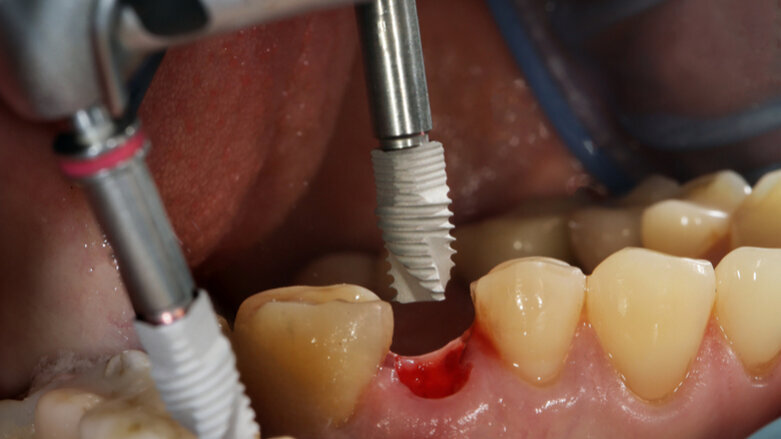




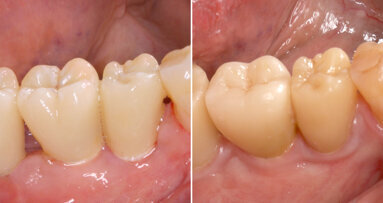
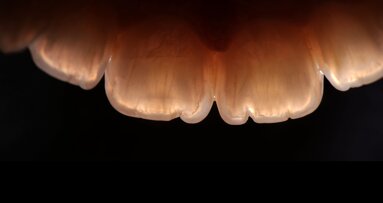
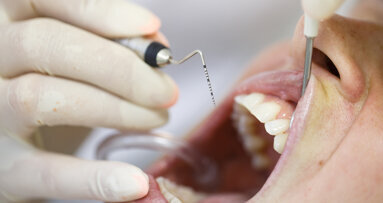


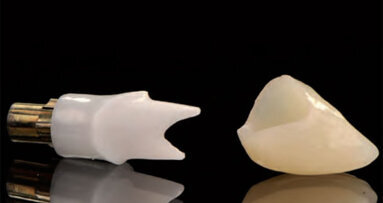










To post a reply please login or register